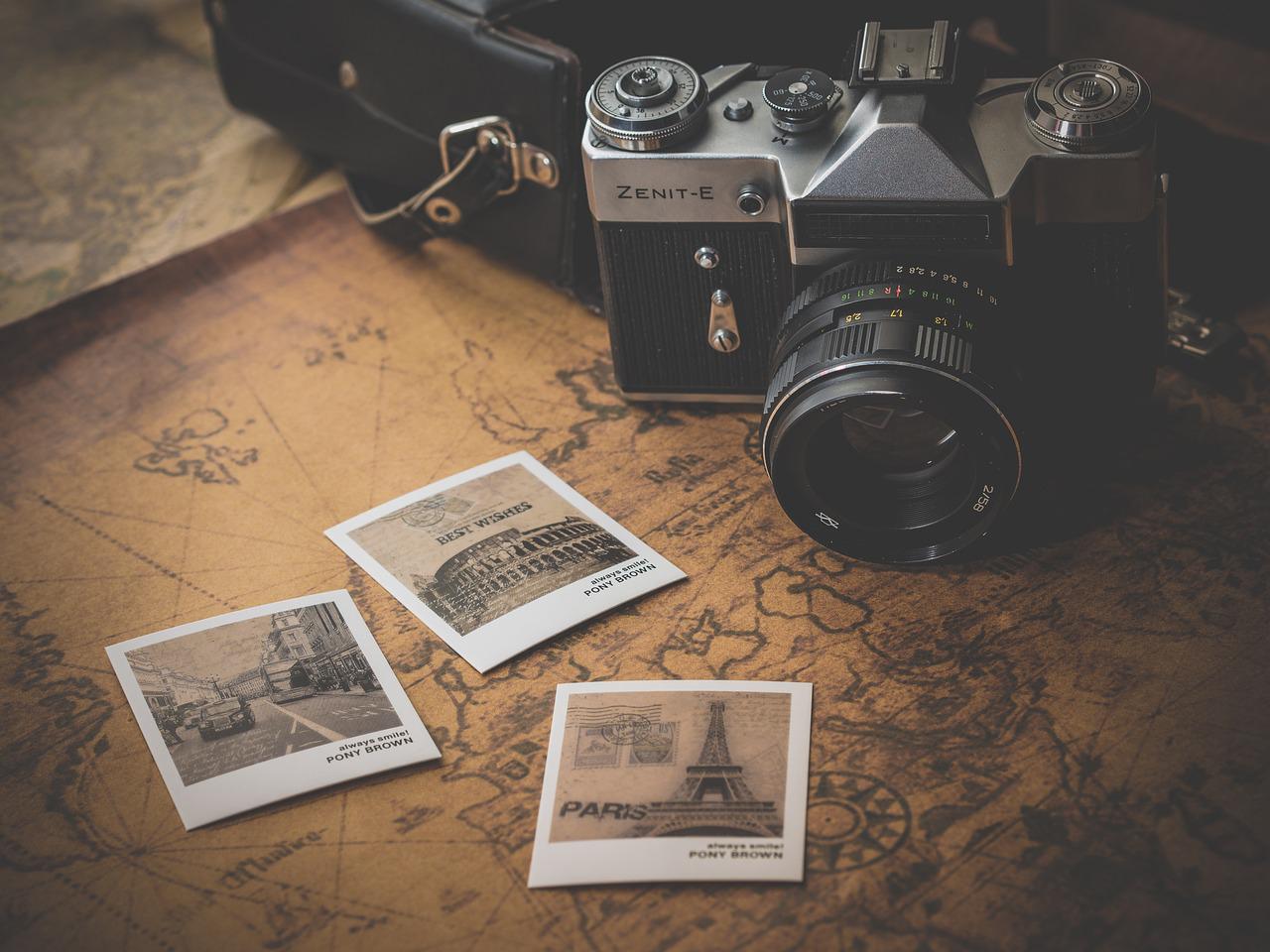- Details
Digital technology and digitalization continuously change all aspects of our lives. The travel industry is no exception, and while most of the changes are favorable for users, not all things create a better travel experience.
Most factors contributing to digitization efforts are broadband internet expansion, smartphone evolution, and global penetration. This advancing digitization is because of the many services you need from institutions or agencies you can now use from your smartphone.

All-in-one computer in your pocket
Most users in developed countries and increasingly in developing countries have smartphones. Capable devices with high-end mobile CPUs, 4G or 5G modems, big screens, and many practical applications can elevate the experience. In addition, they can relieve the annoyance of planning and visiting outlets like airports, travel agencies, and other places relevant to your next trip.
Mobile phones changed how we survey the landscape for the next travel destination. We can watch short video commercials while browsing feeds on Instagram, Facebook, or other social networks. Brand ambassadors and influencers often share beautiful images and videos from top destinations with insightful instructions on what to do, where to eat, or swim.
Once you decide on your destination, a mobile computer with a giant OLED screen helps you book and purchase tickets. You can now book accommodation while browsing on your smartphone. Outlets like TripAdvisor, Booking, or others have elaborate rating systems where you can see genuine user reviews. Such helpful systems help users choose better hotels or apartments and pressure providers to elevate the service.
With a few clicks on the smartphone, you can also book airline tickets, prepare a digital boarding pass, and buy a bus, train, and other transportation tickets.
Mobile companion
Mobile phones elevated the traveling experience. As intelligent assistance, the smartphone acts as a digital map, museum and restaurant finder, and cameras have become the leading photography and video option for most travelers.
While traveling, you probably shouldn't abandon some of your everyday routines. For example, after a long day of walking between landmarks and beaches, you deserve a little rest. A smartphone can help with that because it is a multimedia hub and a gaming machine. You don't need an advanced media system in your accommodation because you can watch streaming services on your smartphone or tablet and catch up on your favorite show.
Gaming is one of the favorite leisure activities, and while carrying a gaming console is not an excellent idea for a vacation, you have a perfect device for casual gaming. iGaming websites have thousands of games in their libraries. So playing 32Red online casino slots or some other game can be part of the more easy-going part of the day.
With millions of apps available on iOS and Android operating systems, smartphones can be many other things on your travels. For example, you can use it for 'how to surf?' videos or put together a beach-oriented soundtrack by using streaming music services like YT Music, Tidal, Deezer, or Spotify.
Industry changes
More than 80% of travel bookings are done without travel agents. Digitalization changes the perspective of the tourism industry in numerous ways. Hotels and destinations must find innovative communication channels to present their offers and attract customers. Some of the ways the industry utilizes technology are through social media campaigns, influencer marketing, and personalized recommendations.
Marketing tools in the retail and travel industry enable companies to monitor, track and deliver personalized offers based on user preferences.
Platforms like Airbnb disrupted the market because they connected unused homes with travelers. However, traditional tourism learned from this concept and invested in digitized services that allow visitors to use mobile platforms to book standard hotels.
Travel agencies had to change and adopt an omnichannel approach that includes chat, social media, and other channels to reach and deliver their service to users.
Use of new tech
Hotels and tourism companies invest in new technologies like machine learning and AI to create a personalized experience. Deeper insight into guests' behavior can make streamlined and more customized services for each visitor.
Similar technology stands behind chatbots. Companies, agencies, and destinations use the chatbot feature to respond to user requests 24/7. Chatbots can resolve minor issues and questions, and live customer support can focus on more challenging problems. Such a system creates better customer service and experience for both sides.
Virtual reality is now a mature technology, and many companies use it for promotion. VR is a powerful promotional tool, but AR or augmented reality is already widely used. For example, with the headset, you can walk through the forests of British Columbia, drive on Route 66, or swim with sharks around the Maldives.
AR goggles can be found in museums and other attractions in popular destinations. The benefit of AR is that you can look at the exhibits in museums or landmarks and add 3D visualization on top of the natural surroundings.
